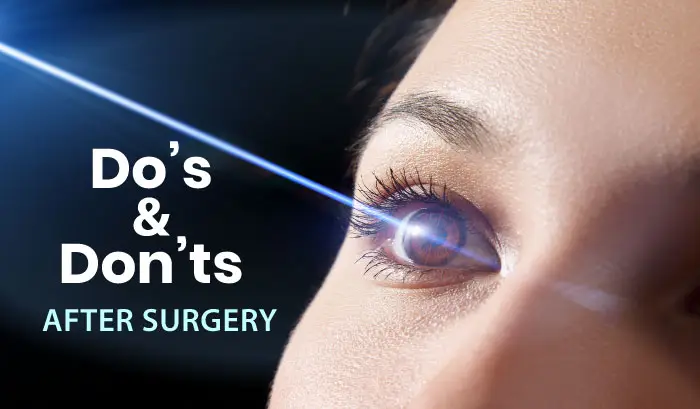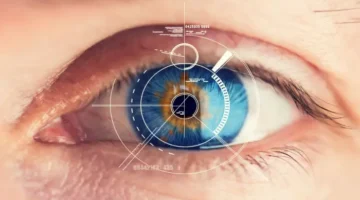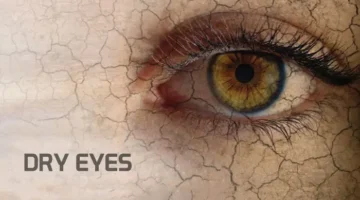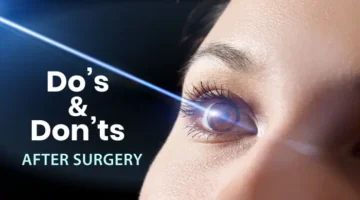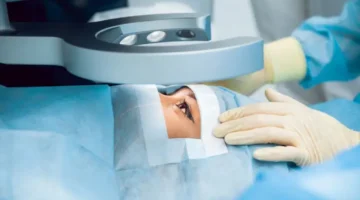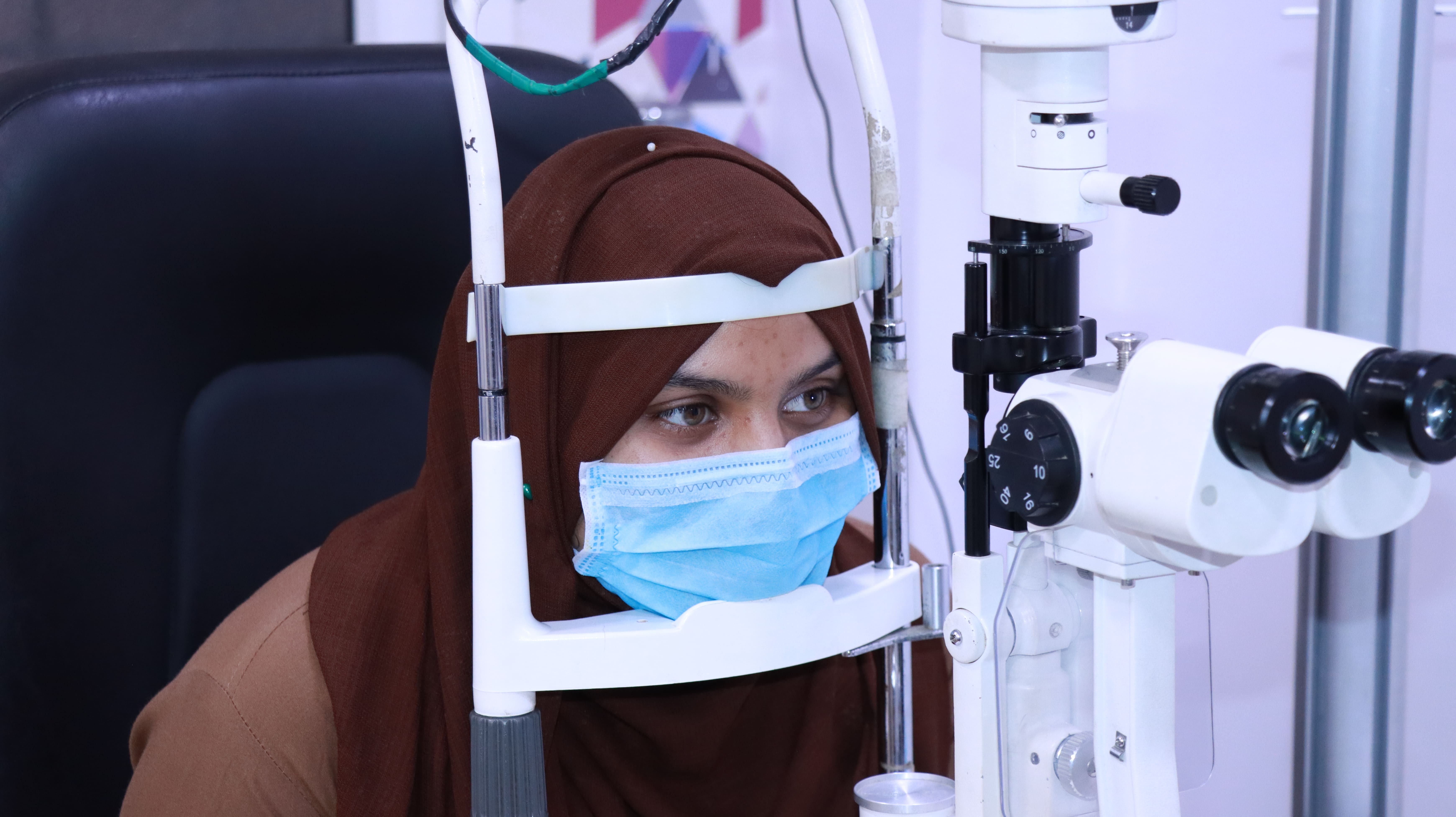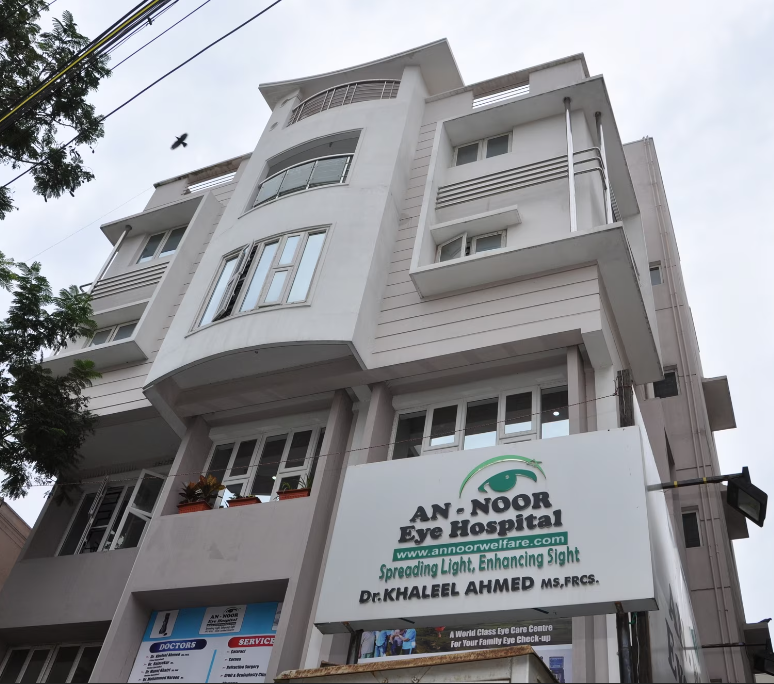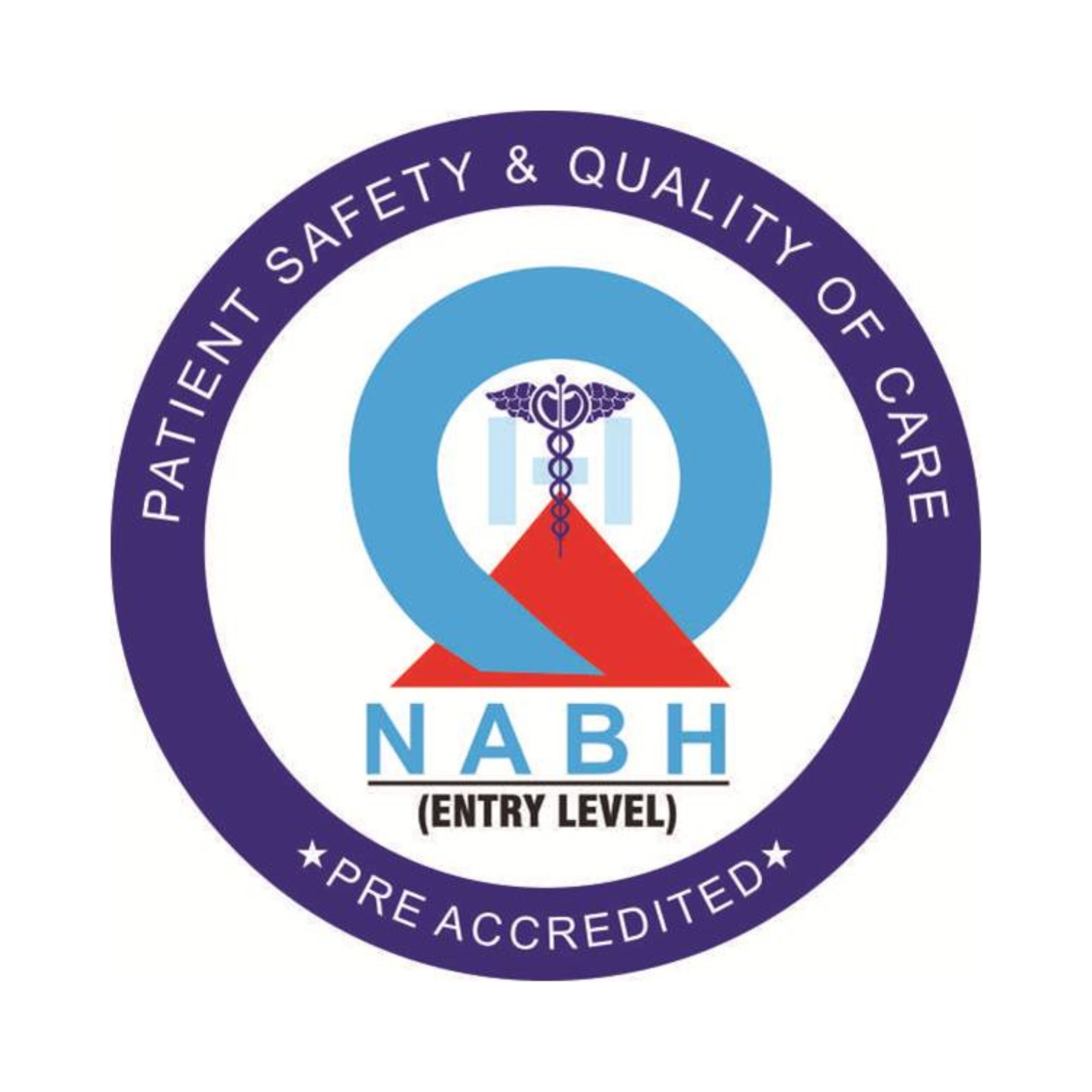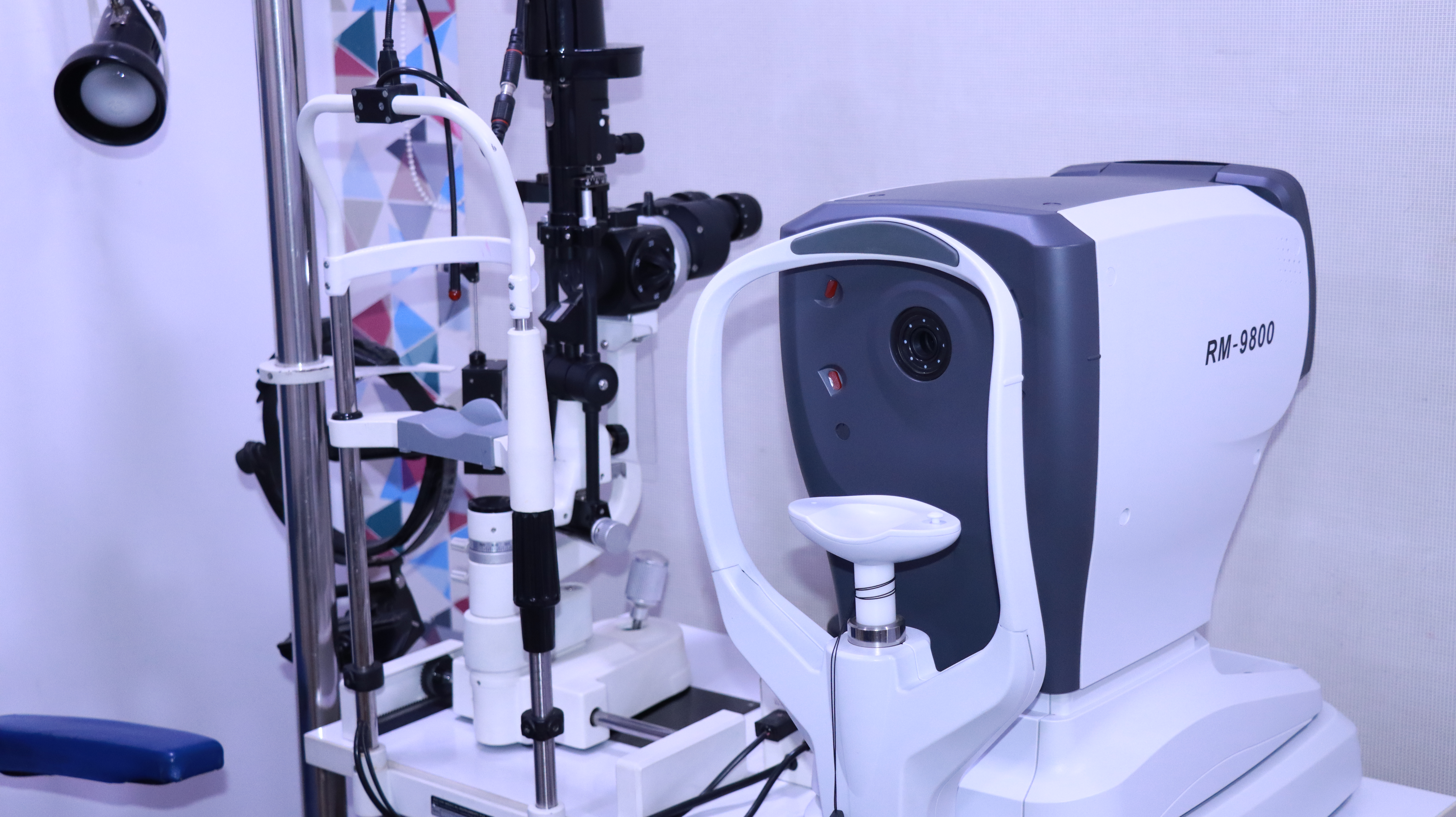As most people are aware, the cataract is a kind of eye problem where there is fogging of the lens of the eye, which results in blurred vision. This type of clouded vision caused by cataracts can make it more difficult to read, drive a car (especially at night), or clearly see the person’s face. Hence, after a certain period, the most recommended option for this problem is surgery.
Suppose anyone is facing the symptoms of a cataract like blurring of vision. In that case, difficulty seeing at night, seeing faded colors, double vision, etc., they may protect their eyesight and reverse their vision loss by going ahead with the cataract surgery. It has been observed that almost 90% of the people who undergo this surgery report excellent results after getting treatment which can take just 10-15 minutes to complete through the latest technology of laser cataract surgery.
Though cataract surgery in most cases is a quick procedure, the recovery might take some time. Though the recovery is usually painless, it is highly relevant that patients should follow the strict recovery procedures, i.e., the do’s and don’ts, as advised by the ophthalmologists.

Recovery tips for after cataract surgery:
The Do’s to be followed
- Follow the eye-drop routine – After the surgery, theophthalmologist prescribes eye drops for quick recovery and keeping infections at bay. The routine must be followed, and the eye drops should be applied from time to time for best results.
- Maintain hygiene – Hygienic routine like washing hands before applying eye drops, not touching the tip of the eye-drop bottle, keeping the room clean, etc., so there are very few chances of infection.
- Wearing Protective shield or eyeglasses – The eyes should be rested as much as possible during the recovery phase; hence wearing a protective shield or special eyeglasses recommended by the doctor will help. Also, there might be a chance of accidentally rubbing the eyes at night, which might be highly harmful to the eyes after the surgery. Hence, such glasses or shields are recommended by doctors for the protection of the eyes.
- Sleeping on the opposite side of the operated eye – Ophthalmologists generally recommend sleeping on the opposite side of the operated eye. This is basically to prevent putting any pressure on the operated eye.
- A regular check-up with the doctor – It is necessary to keep regular track of the improvement in the operated eyes. Hence visiting the doctor regularly or as recommended by them should be followed to check the recovery process.

The Don’ts to be followed
- Usage of soap or water should be avoided – Since a small incision was made in the eye while performing the surgery, it is wise to avoid using soap and water in the affected area to allow faster healing. It is very important to keep the eye protected for some time after the surgery. Hence it is recommended by most doctors to refrain from usage of soap and water near the operated eye.
- Rubbing or pressing the eyes is a complete NO-NO – Rubbing or pressing the eye after the operation may be very harmful to the healing process. Rubbing/pressing of the eyes may lead to infection through germs or delay the healing. Though the eyes might be a bit itchy, one should consciously avoid rubbing the eyes. It is advisable to keep the eye from contact with any external object so as to allow quicker recovery.
- Avoid Driving and stressful physical activity – As already mentioned before, it is imperative to allow the eyes to rest as much as possible after cataract surgery. Hence, the doctors recommend it to avoid driving and stressful exercises or physical activities like bending, gymming, lifting heavyweight, etc., for a few days to allow the eyes to rest correctly.
- Avoid dusty areas – It is prudent to avoid going to any kind of area which may be dirty or dusty. Dirt or dust may irritate the operated eye and lead to infection or swelling, which might delay recovery. It is usually said that the area where the patient recovers should be kept as a clean as possible. Wearing a protective eye shield or eyeglasses is very important to keep the eyes safe and protected at this time.
- Wearing eye make-up must also be avoided – Make-up may be a very powerful source of infection, and it might lead to severe eye problems if used during the healing period post-surgery. Unless the doctor advises in the follow-up check-ups, it is advisable to avoid face make-up, especially eye make-up.
These are the most common expert tips which most ophthalmologists will advise after cataract surgery. There might be other do’s and don’ts also recommended by the doctors depending on the condition and history of each patient. For faster recovery, it is indispensable that the patient and the caregiver follow the recommendations of the expert/doctor.

